Students' silent fear and the urgent problem of education
More than a decade ago, many field surveys at primary schools revealed a sad reality: many students were afraid to go to the toilet at school because the toilets were too dirty, the toilets were degraded, there was a lack of clean water, and there was a lack of soap. For young children, this could lead to harmful habits such as holding urine or not drinking water for many hours, directly affecting both physical and mental health.
According to statistics from the Ministry of Education and Training , as of 2018, the country had more than 188,000 toilets in public schools, but only 67.3% were in good working condition. At the primary level alone, this figure was only 57.9%. Even by 2020, more than 7.7 million students from kindergarten to high school nationwide still did not have access to soap and clean water in school.
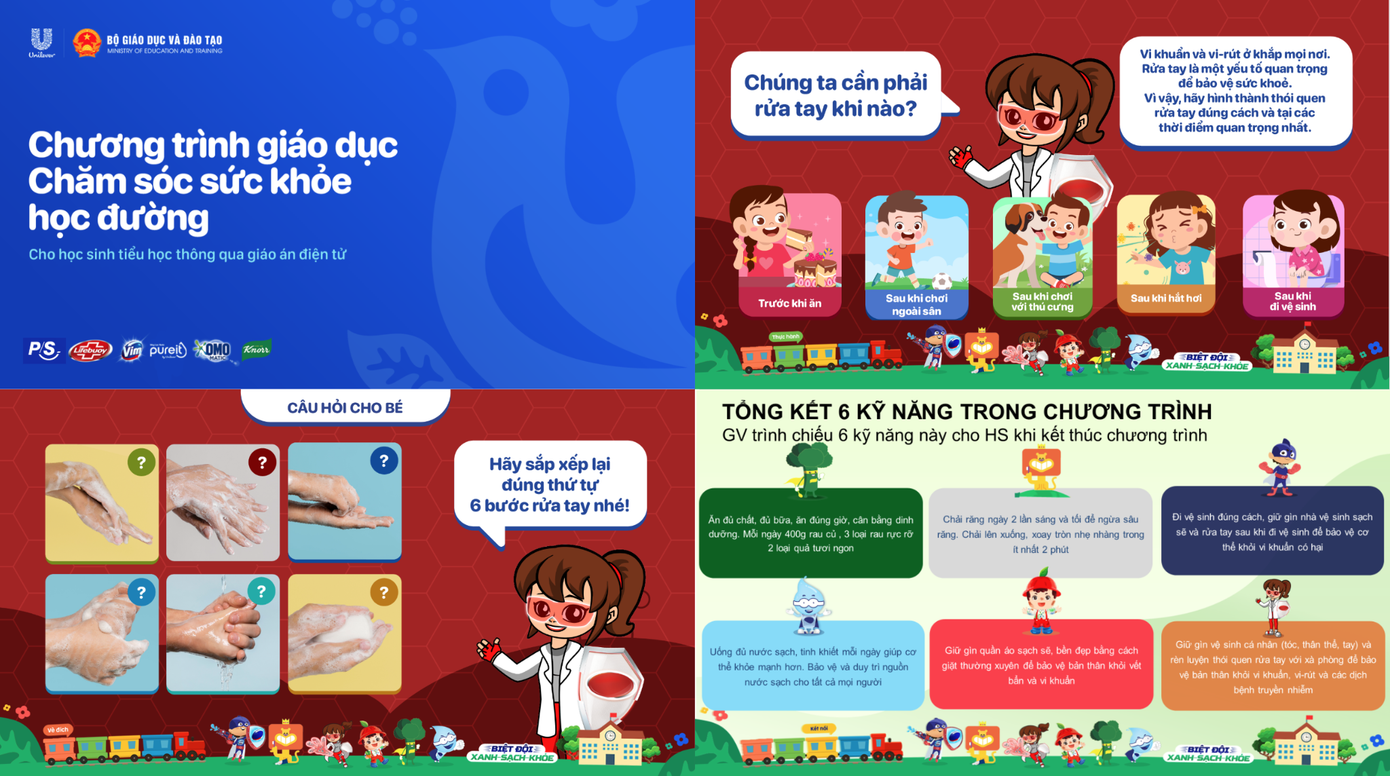
Behind these numbers are millions of students who do not have basic learning conditions: a clean, safe environment that allows them to develop confidently and comprehensively. Ms. Dao Tuyet Mai - Former Vice President of Unilever Vietnam recalls that time: " Students do not have the habit of washing their hands before eating, while many schools do not have enough facilities for them to practice hand washing ."
From the hesitant eyes of children in front of the dirty toilet door, Unilever Vietnam chose to take action.
At each school where the program was implemented, Unilever upgraded the overall school facilities, including hygiene conditions with clean toilets, hand washing areas, ensuring clean drinking water and green corners in the school campus. All aimed at the same goal: building a model school that meets hygiene standards, safety and comprehensive development for primary school students nationwide.
During the period 2021-2025, Unilever and 6 brands Lifebuoy, P/S, VIM, OMO, PureIt and Knorr coordinated to implement the Green, Clean and Healthy Schools program with the Ministry of Education and Training.
In addition to upgrading the overall school facilities, the program carries out communication and education activities on hygiene, nutrition, health and environmental protection for students. In particular, with the desire to help equip students with knowledge through digital teaching and learning, the program has focused on developing and implementing electronic lesson plans with highly interactive content. Digitizing lesson plans not only helps expand the reach and replicate the model on a larger scale, but is also consistent with the current digitalization and modernization orientation in Vietnam's education sector.
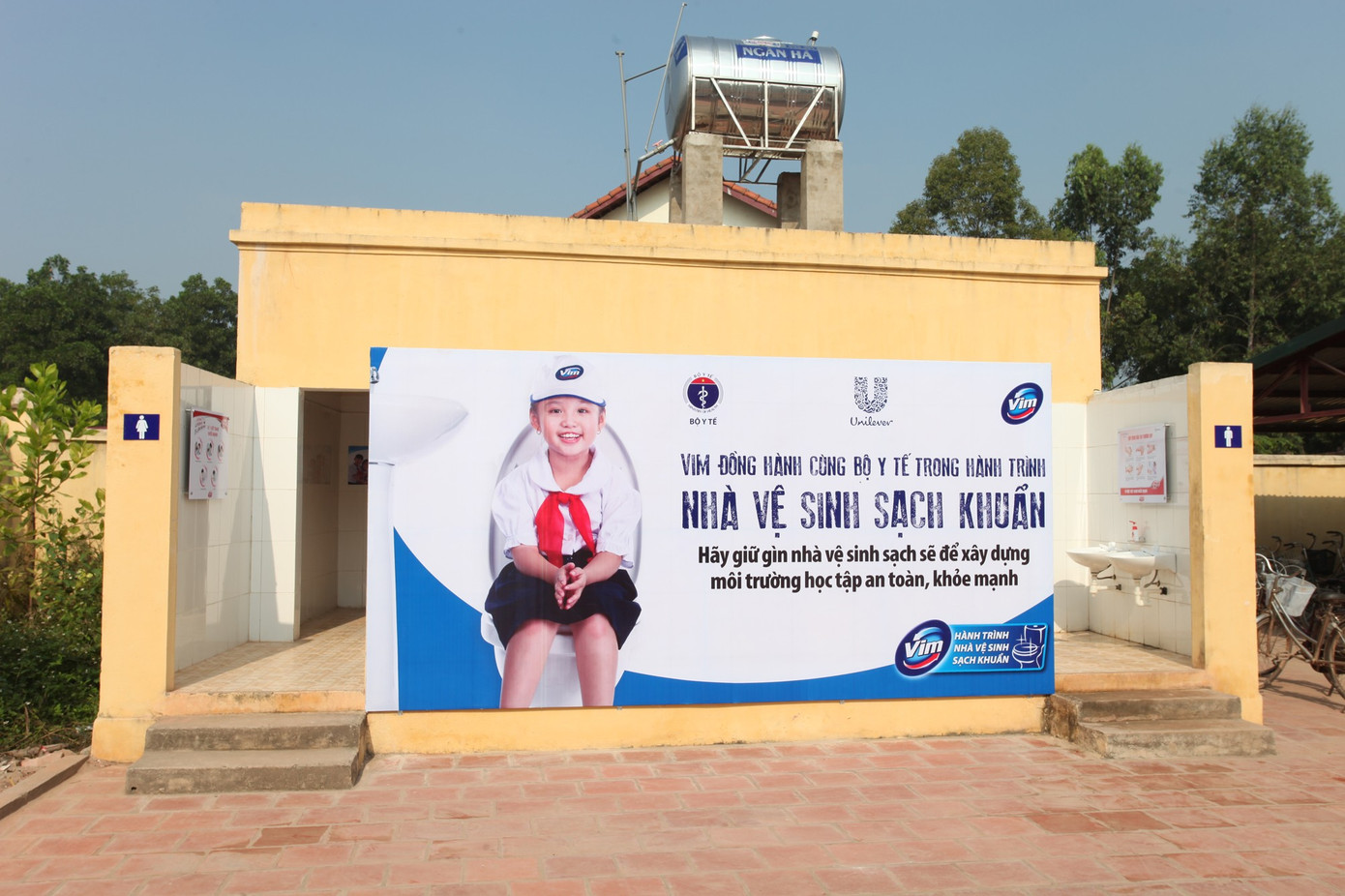
From green, clean, healthy schools to a sustainable future
With the goal of creating a clean, safe and healthy school environment, while educating and forming good habits for children from an early age, the Green, Clean and Healthy Schools program has become an important part of the Health and Hygiene pillar of the sustainable development strategy that Unilever has implemented in Vietnam over the past 14 years.
The journey of Green, Clean and Healthy Schools has been clearly depicted through positive changes in the learning environment and in each small habit of students. From 2012 to now, 445 safe playgrounds for children have been built, 1,000 toilets in 762 primary schools have been upgraded and newly built, bringing a more spacious and cleaner learning environment. Hundreds of thousands of students have directly benefited, of which 617,000 students received oral care and education on proper tooth brushing habits, more than 7.2 million students nationwide have been instructed to wash their hands to protect their health. From 2022, the e-lesson plan initiative will also help make hygiene and health lessons more vivid, reaching 500,000 students each year.
In that journey, Unilever Vietnam and its brands have become companion partners, providing resources, international experience and practical solutions to help the Ministry of Education and Training realize the goal of building a green - clean - healthy school environment.
This close coordination is a typical example of the public-private partnership model: the Ministry of Education and Training plays the role of policy maker, ensuring legitimacy and expertise, while Unilever contributes to increasing resources, innovating initiatives, helping programs not only stop at pilot but can spread nationwide. These are also the necessary foundations for Vietnam to achieve the Sustainable Development Goals (SDGs), in which quality education and public health are important pillars.
After 30 years of presence in Vietnam, Unilever has not only established its position as a pioneer in the fast-moving consumer goods (FMCG) industry, but also affirmed its role as a sustainable development partner with the country. Green, Clean and Healthy Schools is a typical example: from ensuring sanitary conditions of infrastructure and clean water sources in schools, to educating hygiene habits, the program has brought clean and healthy learning conditions to millions of students. “ Every individual at Unilever Vietnam feels much more proud and mature when their work is practically connected to seemingly simple needs such as washing hands before eating, but has great significance for community health ,” Ms. Tuyet Mai shared.
This shows that the commitment to sustainable development does not stop at the global strategy, but has been realized by Unilever in Vietnam through specific actions, closely linked to community life. At the 30-year milestone, the message "Because Vietnam is home" becomes even more meaningful: Unilever considers the development of children today as the foundation for a healthy, green and sustainable Vietnam in the future.
Source: https://tienphong.vn/hanh-trinh-gieo-mam-thoi-quen-xanh-sach-khoe-cho-the-he-tuong-lai-post1777943.tpo


![[Photo] "Ship graveyard" on Xuan Dai Bay](https://vphoto.vietnam.vn/thumb/1200x675/vietnam/resource/IMAGE/2025/11/08/1762577162805_ndo_br_tb5-jpg.webp)





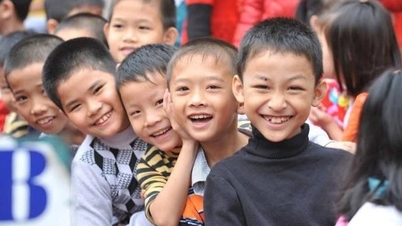

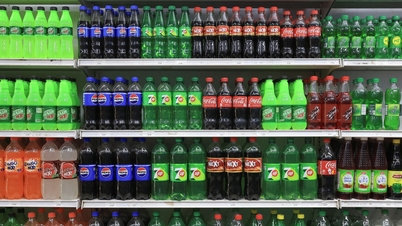

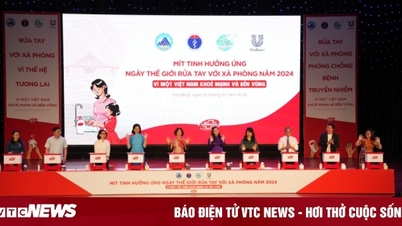





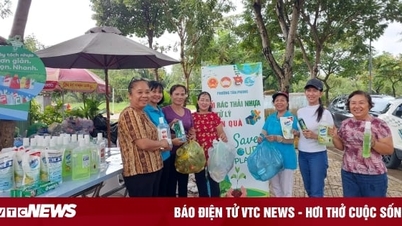






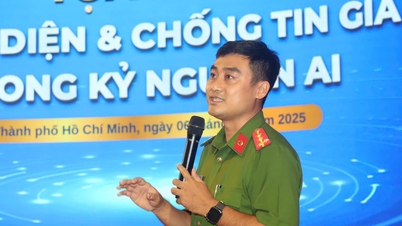

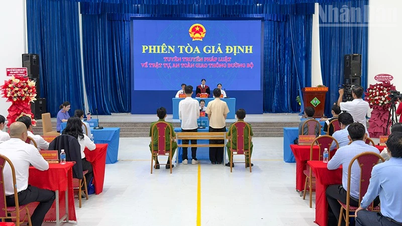






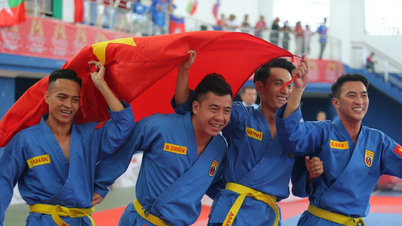
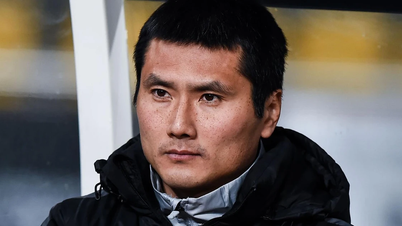
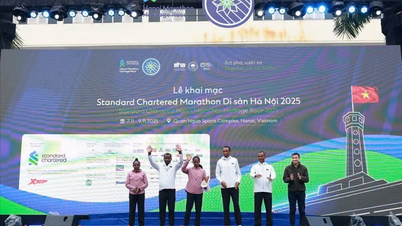





![[Video] Hue Monuments reopen to welcome visitors](https://vphoto.vietnam.vn/thumb/402x226/vietnam/resource/IMAGE/2025/11/05/1762301089171_dung01-05-43-09still013-jpg.webp)


















































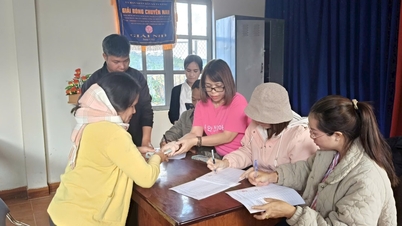

















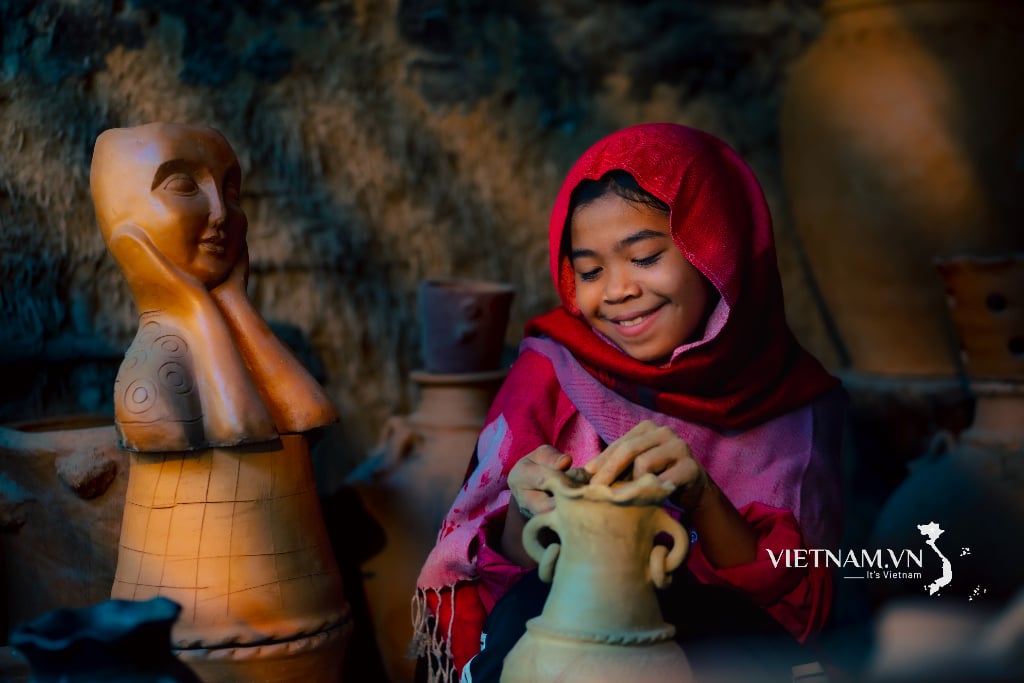

Comment (0)